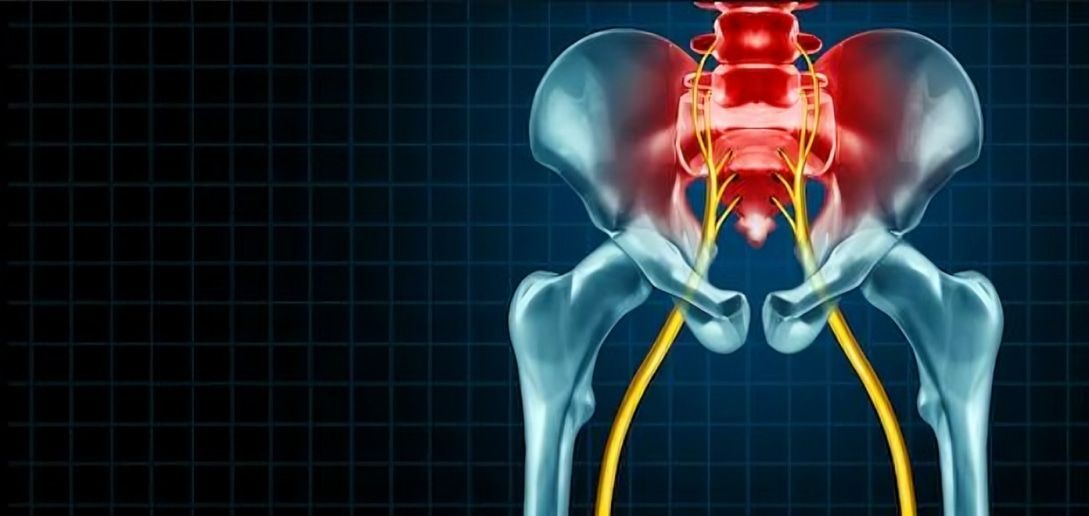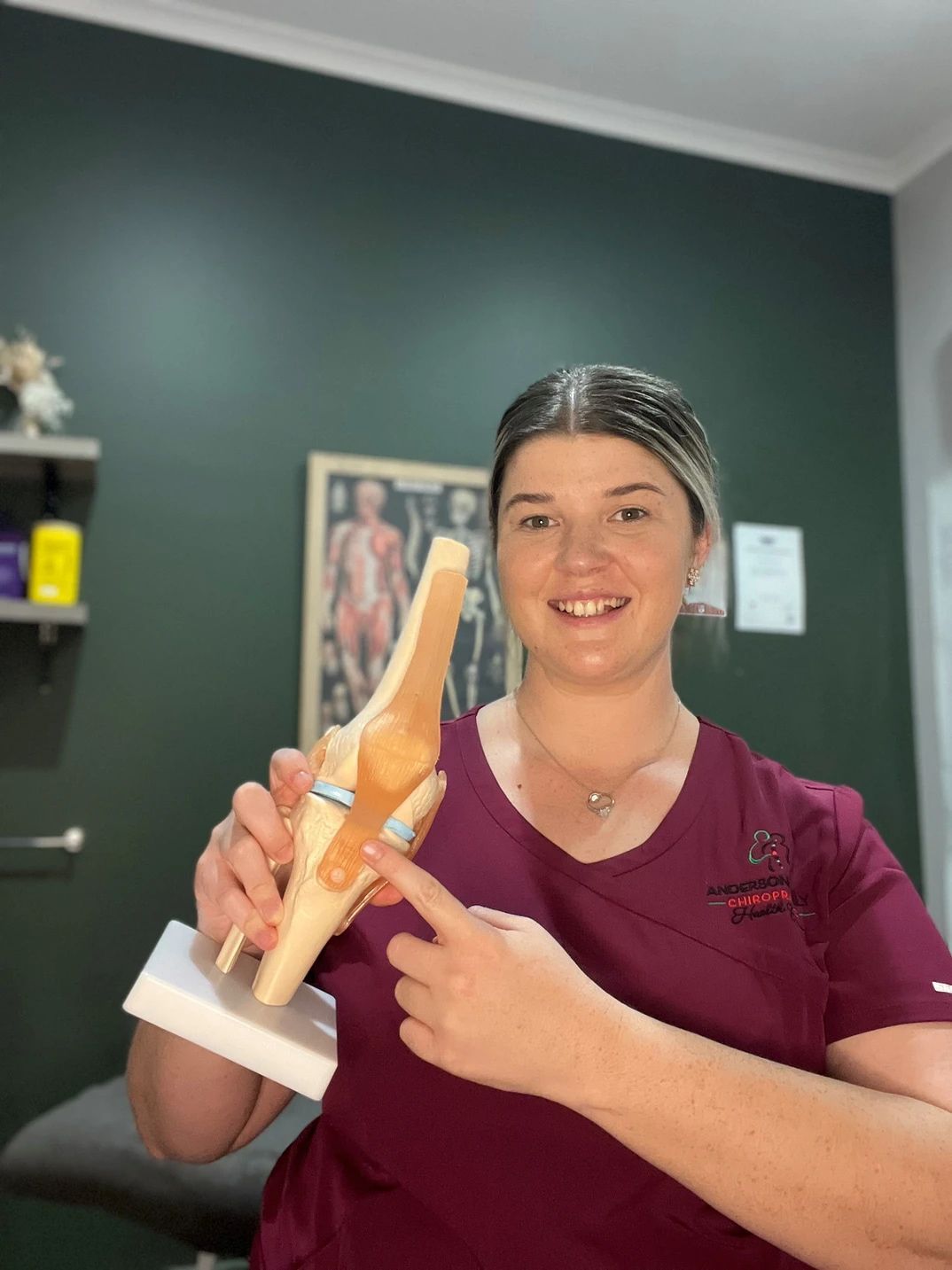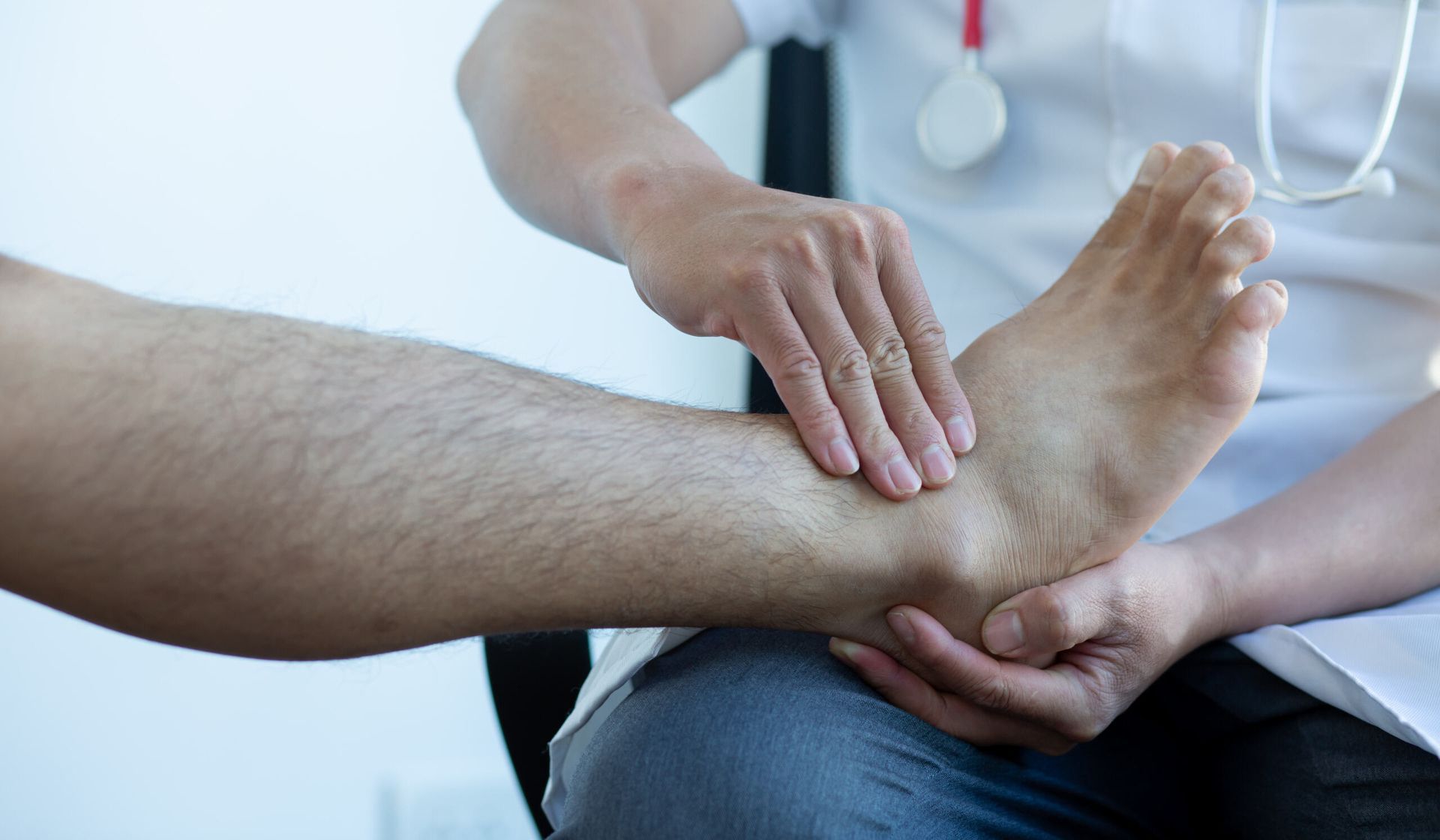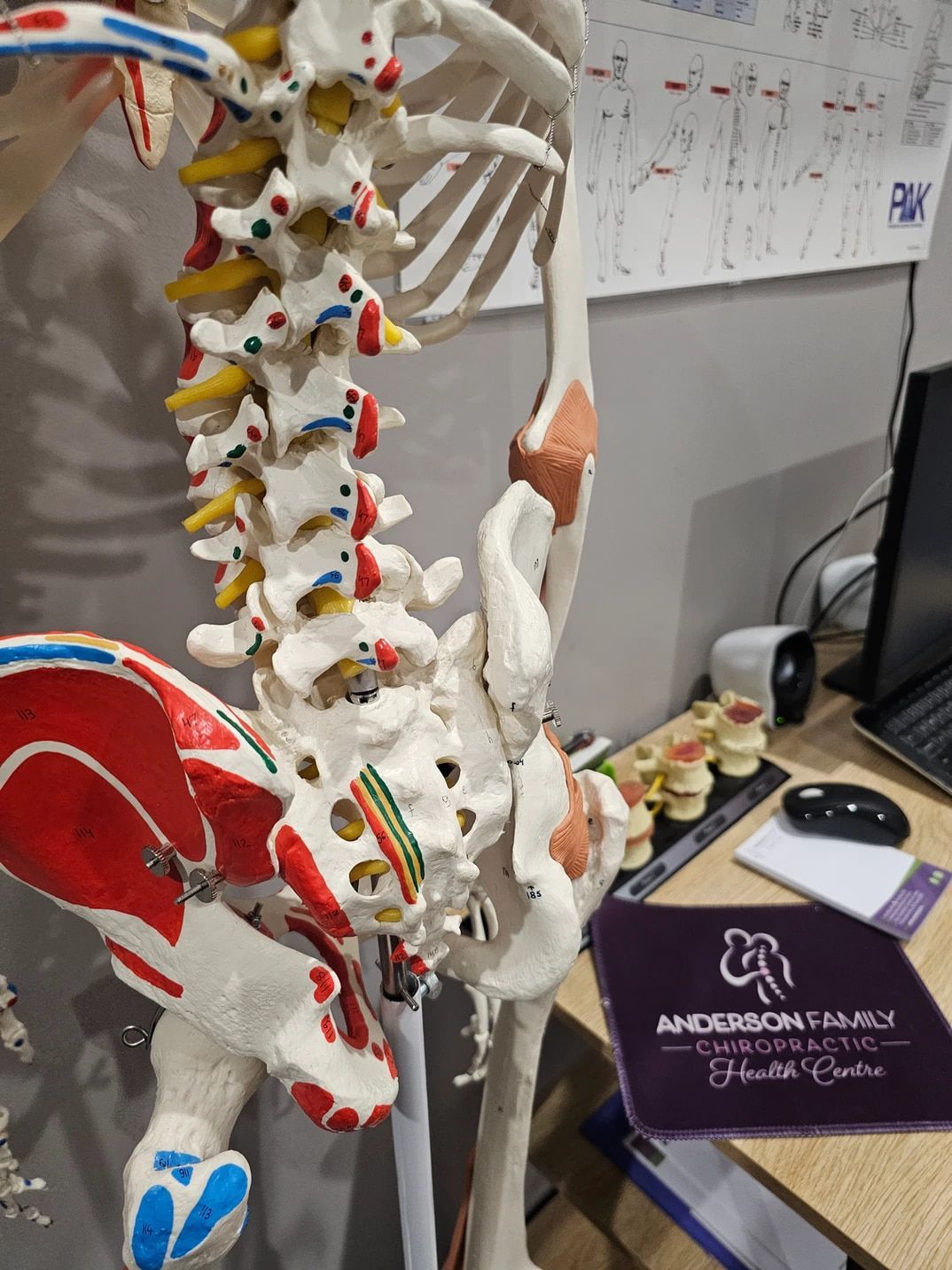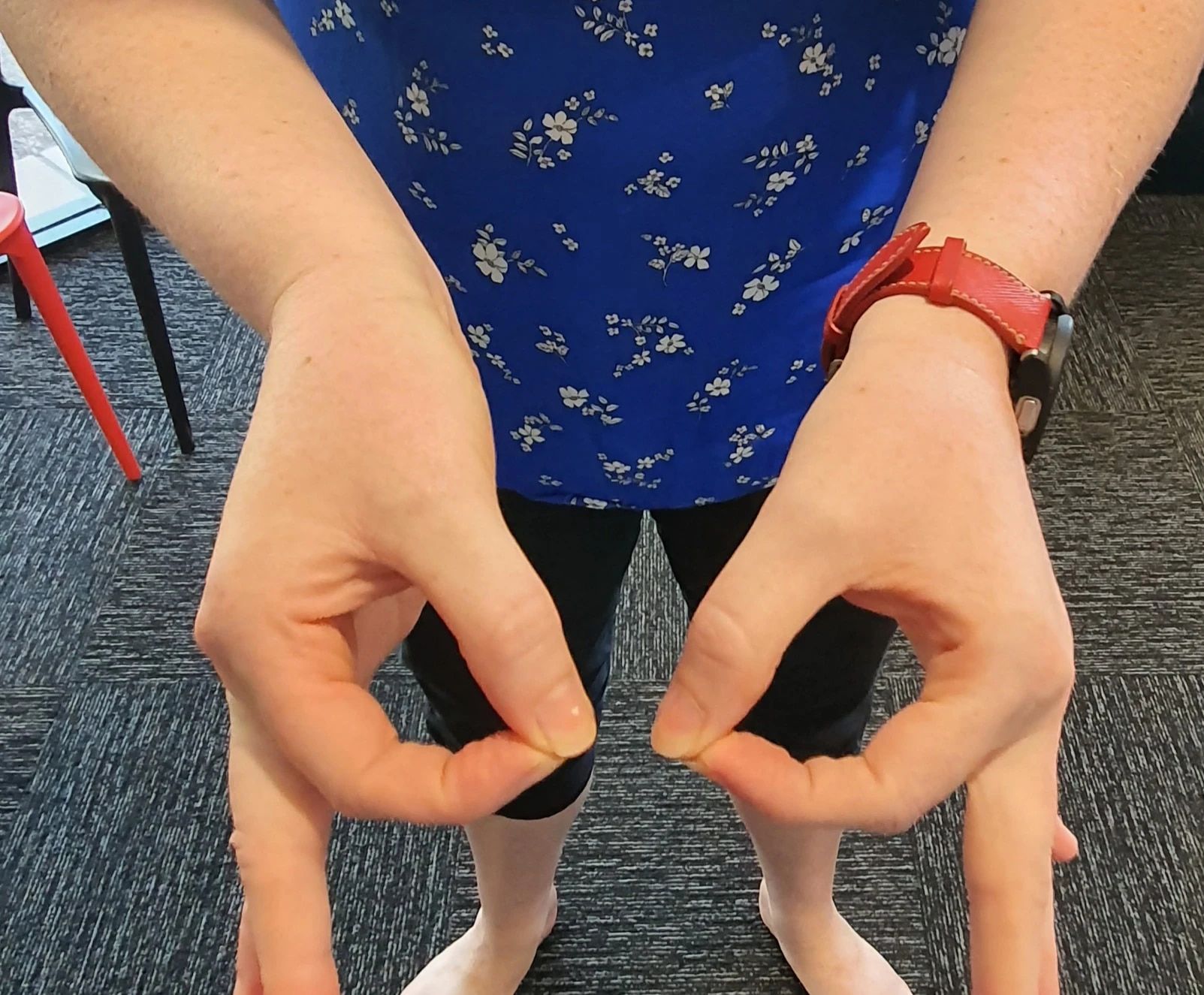What IS a 'pinched nerve'?
Have you ever experienced pain in your arms or legs that can’t be explained by a direct injury? You may have been told you’ve ‘pinched a nerve’ which has resulted in those sharp, shooting pains you now associate with the term. In chiropractic, we refer to this moving, sharp pain as ‘radicular’ pain.
As a definition, radicular pain refers to pain travelling along the affected spinal nerve root, away from the actual source of pain, resulting in symptoms that are inconsistent with an actual injury that may have been sustained.
The affected ‘nerve root’ (where different nerves start to deviate from the spinal cord) may be aggravated at the level of the spine and (in the same way that messages travel along nerves) this pain is being sent along the nerve, which explains why you may experience pain in more than one location or feel the pain travelling through your limb/s.
When we use the term ‘aggravated’ we are referring to the impaired function of the nerve root via some kind of irritating factor, such as a chemical irritation (eg. inflammation) or mechanical irritation (eg. a herniated disc, degeneration of the vertebrae, or compression of the spinal cord). As an example, an inflamed nerve root in the neck may radiate pain into the arm or hand while a herniated disc in the low back may result in shooting pain down the leg (classically referred to as ‘sciatica’).
As well as radicular pain, neurological issues may also arise (referred to as a ‘radiculopathy’) and can present as delayed reflexes, numbness, and/or weakness in the extremities
During a thorough history, exam, and possibly imaging, your chiropractor can determine what may be causing your specific signs and symptoms and form a care plan to help you with your specific problem. Studies have shown that chiropractic adjustments can help to relieve symptoms of nerve root irritation (including both radicular pain and neurological symptoms).
If you’ve ever experienced a ‘pinched nerve’ or shooting pains, give us a call on 07 4942 6930 to see if one of our chiropractors may be able to help!
#chiropractic #mackay #pain #sciatica #andersonfamilychiro #pinchednerve #relief #spine
Patel, E. A., & Perloff, M. D. (2018). Radicular Pain Syndromes: Cervical, Lumbar, and Spinal Stenosis. Seminars in neurology, 38(6), 634–639. https://doi.org/10.1055/s-0038-1673680
Christensen, K., & Buswell, K. (2008). Chiropractic outcomes managing radiculopathy in a hospital setting: a retrospective review of 162 patients. Journal Of Chiropractic Medicine, 7(3), 115-125. doi: 10.1016/j.jcm.2008.05.001

